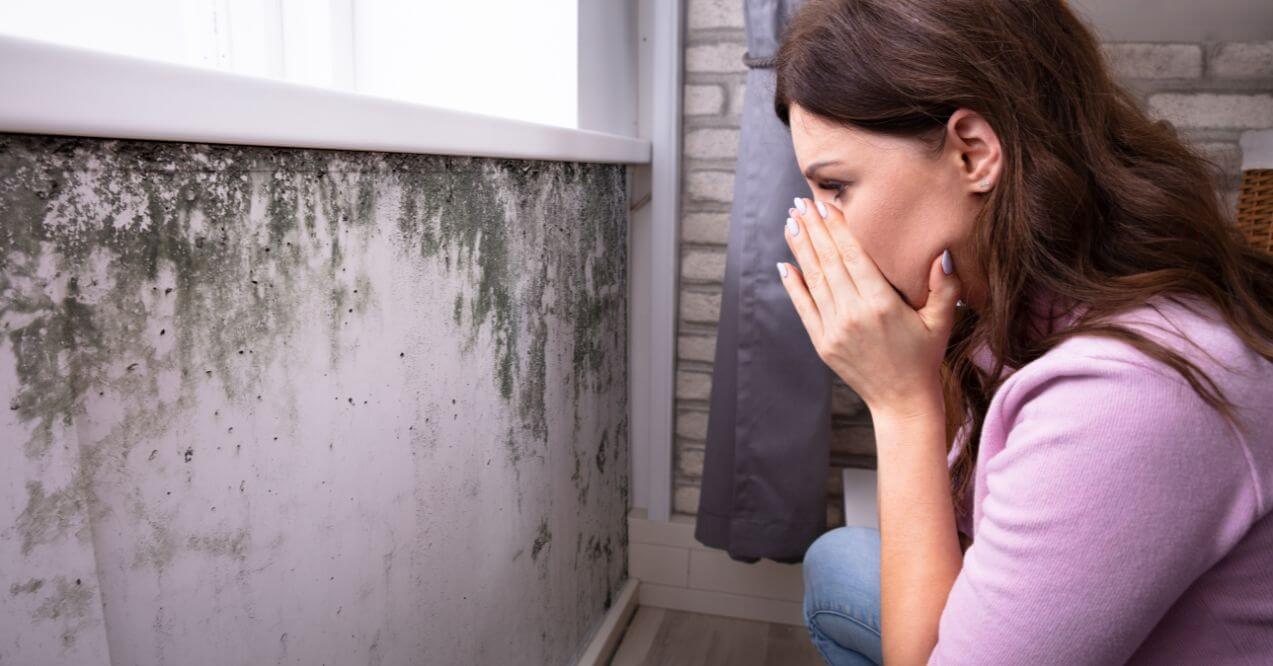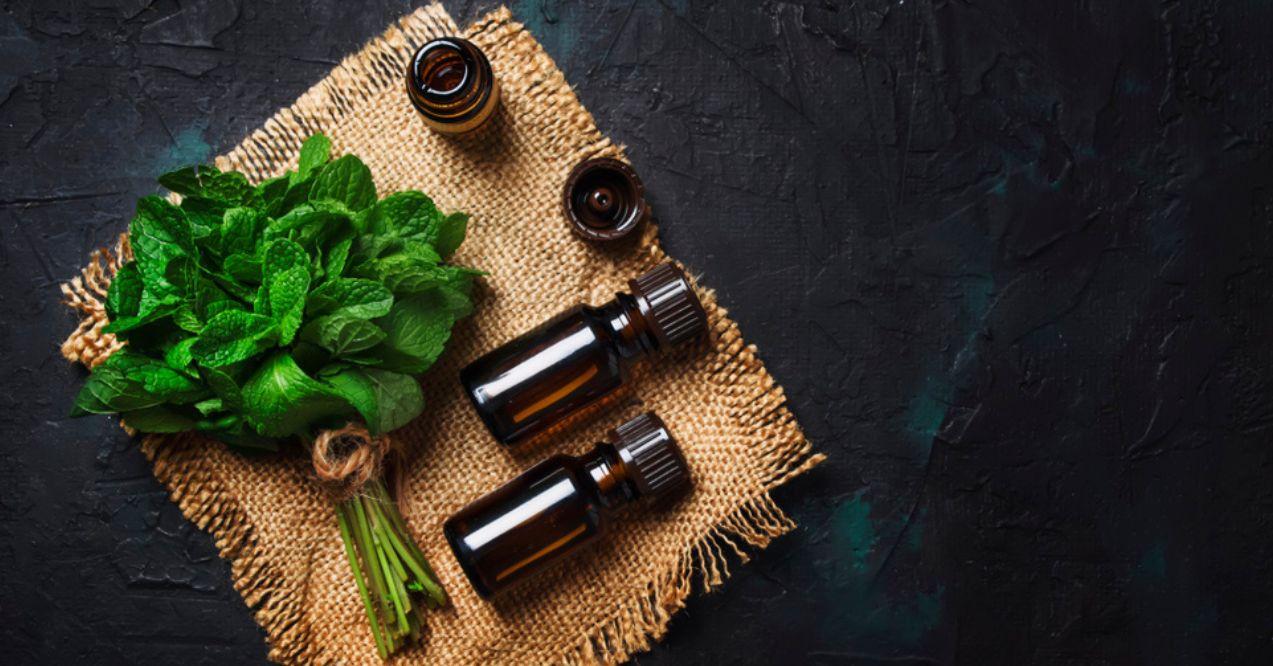Can Stress Cause Lymph Nodes to Swell?
Can stress cause lymph nodes to swell? Explore the connection and find practical tips for maintaining lymphatic health.


Swollen lymph nodes often signal an underlying issue, and recognizing stress as a potential factor is vital for maintaining overall health. This blog post delves into the reasons behind lymph node swelling, explores how stress impacts the body’s defenses, and provides practical advice for managing symptoms.
By understanding these connections, you can better support your lymphatic health and navigate the complexities of stress-related changes in your body.
What are Lymph Nodes and Why Do They Swell?
Lymph nodes are small, bean-shaped structures that form a crucial part of the body’s immune system. They act as filters, trapping harmful substances like bacteria, viruses, and abnormal cells. When the body is fighting an infection or dealing with stress, lymph nodes can enlarge as they work harder to filter out threats.
It’s important to note that stress may impact lymph nodes indirectly by weakening the immune system, making it more susceptible to infections that cause swelling. Therefore, understanding the link between stress and lymph node swelling is important. Recognizing that managing stress is vital for maintaining a healthy immune system can help individuals take steps to reduce stress and support overall health.

Can Stress Cause Lymph Nodes to Swell?
While stress is not a direct cause of lymph node swelling, the relationship between stress and lymph nodes is complex. Prolonged or intense stress can weaken the immune system, making the body more susceptible to infections and inflammation, which in turn can lead to swollen lymph nodes.
When under prolonged stress, the body releases hormones like cortisol that can suppress immune function. This suppression may allow dormant viruses or bacteria to reactivate, triggering an immune response that results in lymph node swelling. Additionally, stress can exacerbate existing health conditions, potentially leading to increased inflammation throughout the body.
Furthermore, it’s important to note that stress and swollen lymph nodes don’t always have a straightforward cause-and-effect relationship. Swollen lymph nodes are more commonly associated with specific infections or diseases. However, the impact of chronic stress on overall immune function may create an environment where lymph node swelling is more likely to occur. Therefore, reducing stress levels may support a stronger immune system and potentially lessen the frequency or severity of lymph node swelling.
Stress and Your Body’s Defenses
Can stress cause lymph nodes to swell? To understand this, we need to examine how stress affects your body’s defense systems. Stress impacts multiple aspects of your physiology, including your immune system, hormone levels, and lymphatic system. These interconnected systems work together to maintain your health, but when stress disrupts their balance, it can lead to various physical symptoms.
How Stress Impacts Your Immune System?
Chronic stress can suppress your immune system’s effectiveness. It reduces the body’s lymphocytes, white blood cells that help fight off infection. This decrease in lymphocytes leaves you more susceptible to viruses and other pathogens, potentially leading to more frequent illnesses.
How Stress Impacts Your Hormone Levels?
Stress triggers the release of hormones like cortisol and adrenaline. While these hormones are beneficial in short-term stress situations, prolonged elevation can disrupt your body’s normal functions. Over time, this can lead to issues such as impaired immune function, increased blood pressure, and a higher risk of chronic diseases.
Additionally, cortisol can interfere with the production and regulation of other hormones, affecting various bodily processes, including sleep, digestion, and mood regulation.
How Stress Impacts Your Lymph Nodes?
Lymph nodes are part of your body’s lymphatic system, which is closely tied to both your immune system and hormonal balance. When stress weakens your immune system, your lymph nodes may work harder to filter out increased threats, potentially leading to swelling. Additionally, stress-induced hormonal changes can affect the fluid balance in your body, which may impact lymph node function and size.
Checking for Swollen Lymph Nodes
Regular self-examination of lymph nodes is an important part of monitoring your health. It can help you detect changes early and identify potential issues that may require attention.
While stress alone rarely causes significant lymph node swelling, knowing how to check your nodes can help you distinguish between normal variations and potential concerns. Here’s what you need to know:
What Swollen Lymph Nodes Feel Like?
Swollen lymph nodes typically feel like small, round, or bean-shaped lumps under the skin. They may be tender to touch and can range from the size of a pea to a grape. Normal lymph nodes are usually not noticeable, so any easily felt nodes may indicate swelling.
Where to Find Them Lymph Nodes?
The most commonly examined lymph nodes are in the neck, under the jaw, behind the ears, in the armpits, and in the groin area. These areas are where lymph nodes are closest to the skin’s surface and most easily felt.
How to Check Your Lymph Nodes?
To check your lymph nodes, use your fingertips to gently press and move the skin in circular motions over the areas mentioned above. Feel for any lumps, tenderness, or changes in size. It’s best to check both sides of your body for comparison. If you notice persistent swelling, unusual growth, or pain lasting more than a few weeks, it’s advisable to consult a healthcare professional for a thorough evaluation.
Keeping Your Lymph Nodes Healthy
Maintaining healthy lymph nodes involves a combination of stress management, proper nutrition, and regular health monitoring. Here are key strategies to support your lymphatic system:
1. Manage Stress

Effective stress management is crucial for overall health, including lymphatic function. Consider incorporating these techniques:
- Practice mindfulness or meditation daily
- Engage in regular physical exercise
- Prioritize quality sleep, aiming for 7-9 hours nightly
- Try deep breathing exercises or progressive muscle relaxation
2. Eat Healthy

A balanced diet can support lymphatic health. Include these nutrient-rich foods:
These foods contain antioxidants, vitamins, and minerals that may help maintain a healthy immune system and support lymphatic function.
3. Visit Healthcare Professional

Regular health check-ups are important for monitoring your overall well-being, including lymphatic health. During these visits, a healthcare professional can:
- Perform physical examinations
- Address any concerns about lymph node changes
- Provide personalized advice on maintaining a healthy lymphatic system
- Recommend additional tests or evaluations if necessary
In addition to routine check-ups, supporting your lymphatic system through lifestyle choices and targeted nutrition is key—especially during times of stress, when the body’s detox systems may become overwhelmed.
A consistent wellness routine—paired with professional guidance—can help your lymphatic system maintain its essential role in cleansing, immune support, and fluid balance.
By promoting healthy function in lymphatic organs such as the lymph nodes, thymus, and spleen, supplements for lymph system may assist in strengthening your body’s natural defenses.

Additionally, while searching for how to clean your lymphatic system, you may come across various methods, including the use of essential oils for lymphatic drainage. However, it’s important to approach such methods with caution and consult with a healthcare professional before trying any new treatments or supplements.
Lymph nodes can remain swollen for months in some cases. While often temporary, prolonged swelling may indicate ongoing infections, immune disorders, or other health issues. Persistent swelling warrants evaluation by a healthcare professional.
Be concerned about swollen lymph nodes if they persist for more than two weeks, grow larger than 1 cm, feel hard or fixed in place, or are accompanied by unexplained weight loss, fever, or night sweats. Seek professional evaluation in these cases.
Lymph nodes can swell without infection, though it’s less common. Causes may include autoimmune disorders, certain medications, or rarely, tumors. Stress alone typically doesn’t cause swelling, but can weaken immunity, potentially leading to infections that cause swelling.
Sign up for our Healthy Living newsletter!
Advertisement. This site offers health, wellness, fitness and nutritional information and is designed for educational purposes only. You should not rely on this information as a substitute for, nor does it replace, professional medical advice, diagnosis, or treatment. If you have any concerns or questions about your health, you should always consult with a physician or other health-care professional. Do not disregard, avoid or delay obtaining medical or health related advice from your health-care professional because of something you may have read on this site. The use of any information provided on this site is solely at your own risk.










